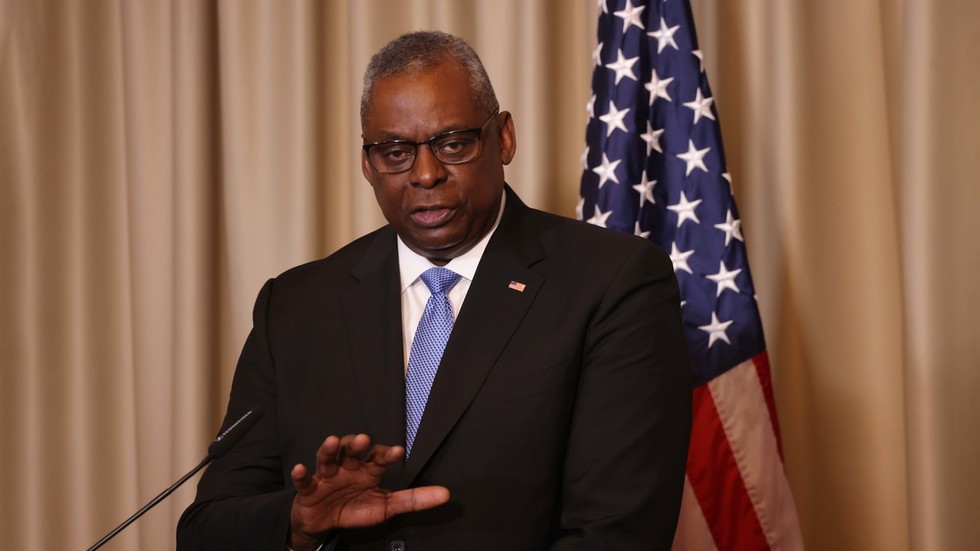Tensions surrounding the alleged deployment of North Korean troops to Russia have escalated, drawing reactions from various international actors, particularly the United States, South Korea, and Russia. U.S. Defense Secretary Lloyd Austin has stated that there is evidence supporting the presence of North Korean military personnel in Russia, although the specifics of their mission and the numbers involved remain unclear. Austin has emphasized the seriousness of the situation, suggesting that if North Korea is indeed preparing to engage in hostilities on behalf of Russia, it would have significant implications for regional stability. Despite these assertions, both Pyongyang and Moscow have contested the reports; North Korea has outright denied sending troops, branding the allegations as unfounded rumors aimed at maligning its reputation and disrupting its diplomatic relationships.
The situation gained further complexity when Ukrainian President Volodymyr Zelensky accused North Korea of dispatching military forces to aid Russian troops in their ongoing conflict with Ukraine. This prompted a strong response from South Korea, which summoned the Russian ambassador to express its concerns over the alleged troop movements. South Korean officials have called for the immediate withdrawal of any North Korean military presence in Russia, signaling a willingness to take decisive action if these deployments continue. The South Korean government’s strong stance reflects fears regarding the deepening military collaboration between North Korea and Russia, which could lead to an escalation of conflict in the region.
In response to these allegations, Kremlin spokesman Dmitry Peskov acknowledged the existence of close ties between North Korea and Russia, highlighting their cooperation in various sectors as a sovereign right. Peskov’s remarks aimed to illustrate that such relationships should not be a source of international concern, as they are not intended to target third nations. He noted the presence of conflicting information surrounding the claims of troop deployments, signaling that the Kremlin is not entirely aligned with either the accusations from Seoul or the U.S.’s assessments about North Korea’s intentions.
The diverse reactions to this situation underscore the complicated geopolitical environment surrounding North Korea’s relationships with both Russia and South Korea. On one hand, North Korea seeks to foster a more robust alliance with Russia amid increasing isolation from the West following sanctions and diplomatic pressures. On the other hand, South Korea’s swift response indicates a heightened sense of urgency and a desire to counter any military collaboration that may compromise its national security and stability in the region. This dynamic reflects the broader tensions in Northeast Asia, where military alliances and historical grievances shape political discourse and actions among nations.
Moreover, the U.S. is actively monitoring the developments regarding North Korean troop movements, recognizing the potential for a shift in the current balance of power in the region. The implications of North Korea’s involvement in the Russia-Ukraine conflict could lead to a realignment of military strategy and defense mechanisms among nations in the vicinity. Austin’s comments about the seriousness of the situation illustrate a keen awareness of how North Korea’s engagement could affect U.S. interests and alliances, particularly with countries like Japan and South Korea, both of which rely on U.S. support for their national defense.
In summary, the dialogue surrounding North Korean troop deployments to Russia is steeped in a mix of denial, accusations, and a struggle for diplomatic influence. As all parties navigate this contentious landscape, the potential ramifications highlight the fragility of current geopolitical alliances. The interplay between direct military involvement, international diplomacy, and regional security concerns will dictate future actions and responses as each nation reassesses its strategies in light of ongoing developments. With tensions on the rise, it remains crucial for global powers to engage in dialogue aimed at de-escalation and to ensure that military collaborations do not provoke further conflict in an already volatile arena.

